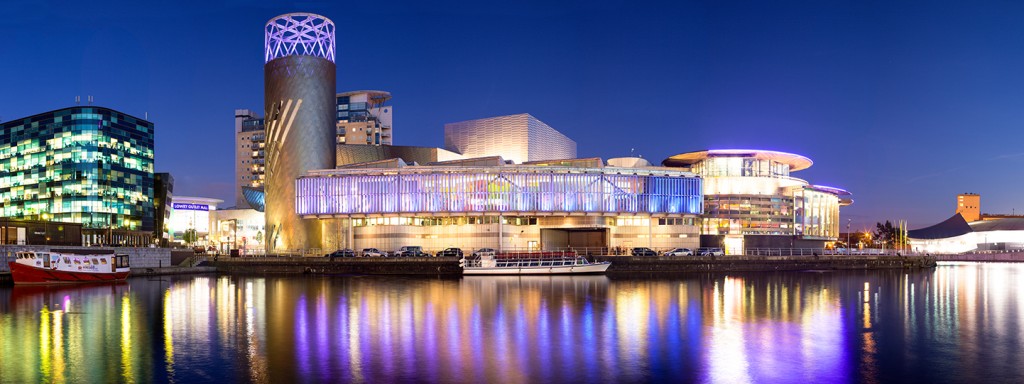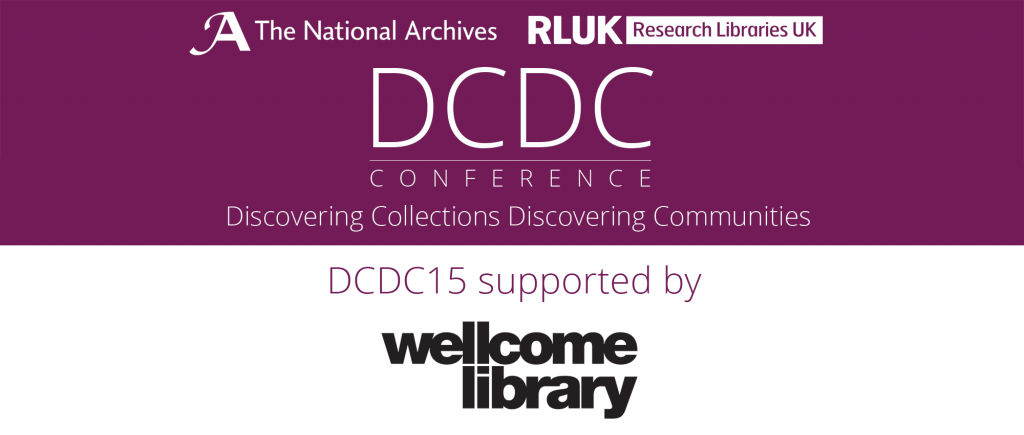|
Digital meets Culture https://www.digitalmeetsculture.net/article/democratising-cultural-heritage-via-digital-means/ Export date: Fri Apr 19 2:05:48 2024 / +0000 GMT |
Democratising Cultural Heritage via Digital meansDCDC15 (DCDC as Discovering Collections Discovering Communities) will look at the varied and innovative ways in which archives, museums, libraries and academia can engage with audiences in the digital age. The last two decades have witnessed a flourishing of digital content across the heritage and academic sectors. Whether through the creation of digital discovery tools, mass digitisation and online delivery of content or through the creation of new virtual user interfaces, digital technology has come to complement traditional analogue formats to create an altogether richer user experience. The creation, delivery and curation of digital content provides great opportunities for audiences more actively to engage in, and enrich, both collections and the research based on them. In doing so, audiences have gone from being consumers of heritage content to active creators and curators, helping heritage professionals to contextualise and interpret their rich and diverse collections. Crowd-sourced content has revealed the many hidden secrets behind heritage collections, giving them greater contemporary relevance and adding an increased complexity and diversity to established narratives. Digital platforms have democratised the experience and interpretation of heritage collections, not replacing the richness and importance of a physical encounter, but complementing these and widening their appeal. Finally, galleries and search rooms have been pebble-dashed with touch screens, hashtags and barcodes. Our visitors are now as likely to leave with a mobile-phone app as they are with an exhibition poster. In doing so, the development of digital technologies have presented new opportunities for collaboration not only between institutions, academics and sectors, but also new ways of collaborating with users, whatever their purposes. Digital platforms have provided many new and exciting opportunities, yet they have also presented new challenges for heritage and academic organisations. In what ways can they ensure that digital engagement is truly “engaging”? What is the relationship between online “hits” and actual footfall? How can the meaningful “impact” of engagement be better captured via digital means? And during a time of austerity, how can all sectors make the case for innovative digital engagement, not as an indulgent luxury, but as a necessity to preserve the broader relevance and wider-recognition of collections? This conference aims to explore the possibilities and also the pitfalls of digital engagement. DCDC15 will be held at The Lowry, Greater Manchester. Set in a magnificent waterside location at the heart of the redeveloped Salford Quays, The Lowry is an architectural flagship with a unique and dynamic identity. Besides the conference, the organisers have arranged two social evenings during the event. On 12 October a pre-conference drinks reception will be held at the Imperial War Museum North. A perfect occasion to get to know fellow delegates, both new faces and old, in this stunning exhibition space. On 13 October, the main conference dinner will be held at The Lowry. This is a second opportunity for making new contacts, discussing the conference presentations and even (as some of our delegates did at the 2014 conference) brainstorm potential collaborative project ideas with other professionals. CALL FOR PAPERS Papers: The conference organisers invite 300 word abstracts for the delivery of 20 minute presentations. 10 minutes will be allowed for questions after every presentation. Workshops: The conference organisers also invite the submission of 300 word abstracts for more focused 1.5 hour workshops. These will be designed and delivered by those submitting a proposal. Where possible, workshops should focus on the exchange of concepts, ideas or practical solutions, to common challenges. Abstracts should include a title and also an indication of preferred delivery method:
Abstracts should be sent to Matt.Greenhall@nationalarchives.gsi.gov.uk and melanie.cheung@rluk.ac.uk by Friday 1st May 2015. The main conference themes will include, but are not limited to, the following:
As the organisers will not be charging delegates to attend the conference, they are unable to cover the travel and accommodation expenses of speakers. For more information and updates, visit the event website |


